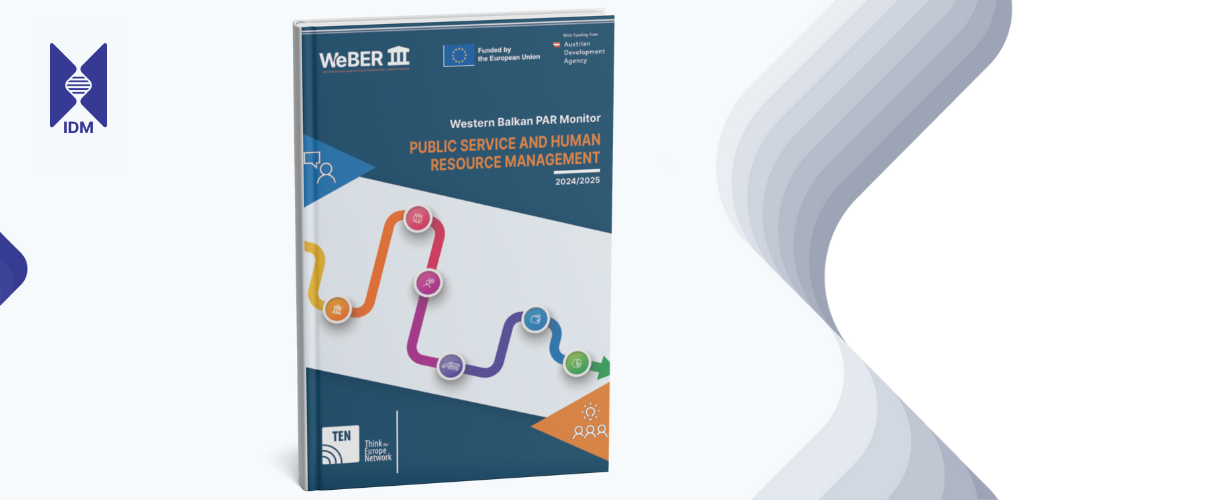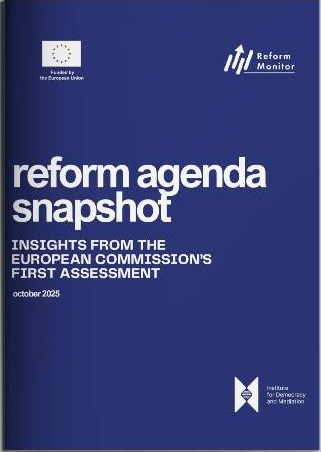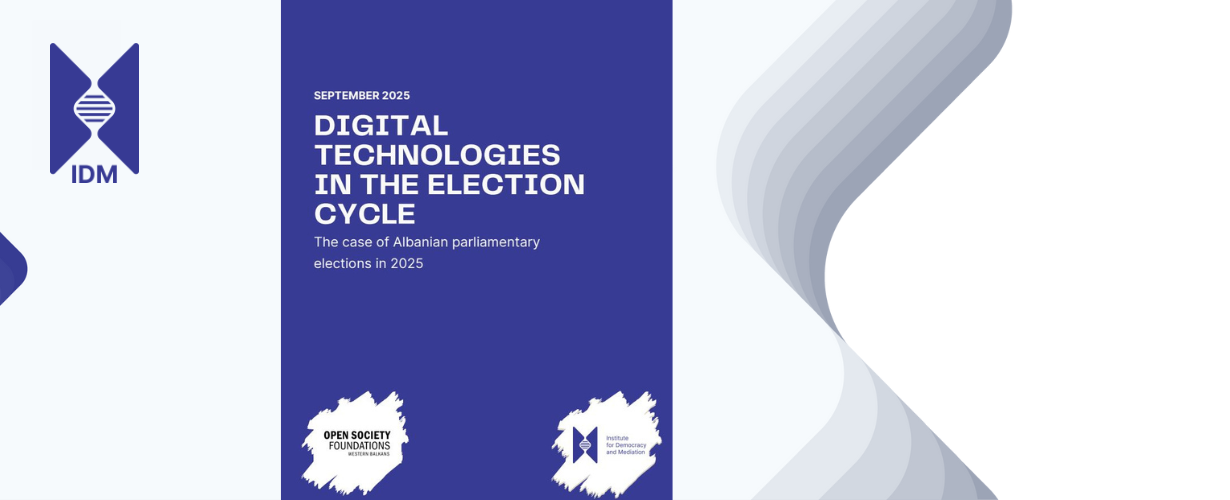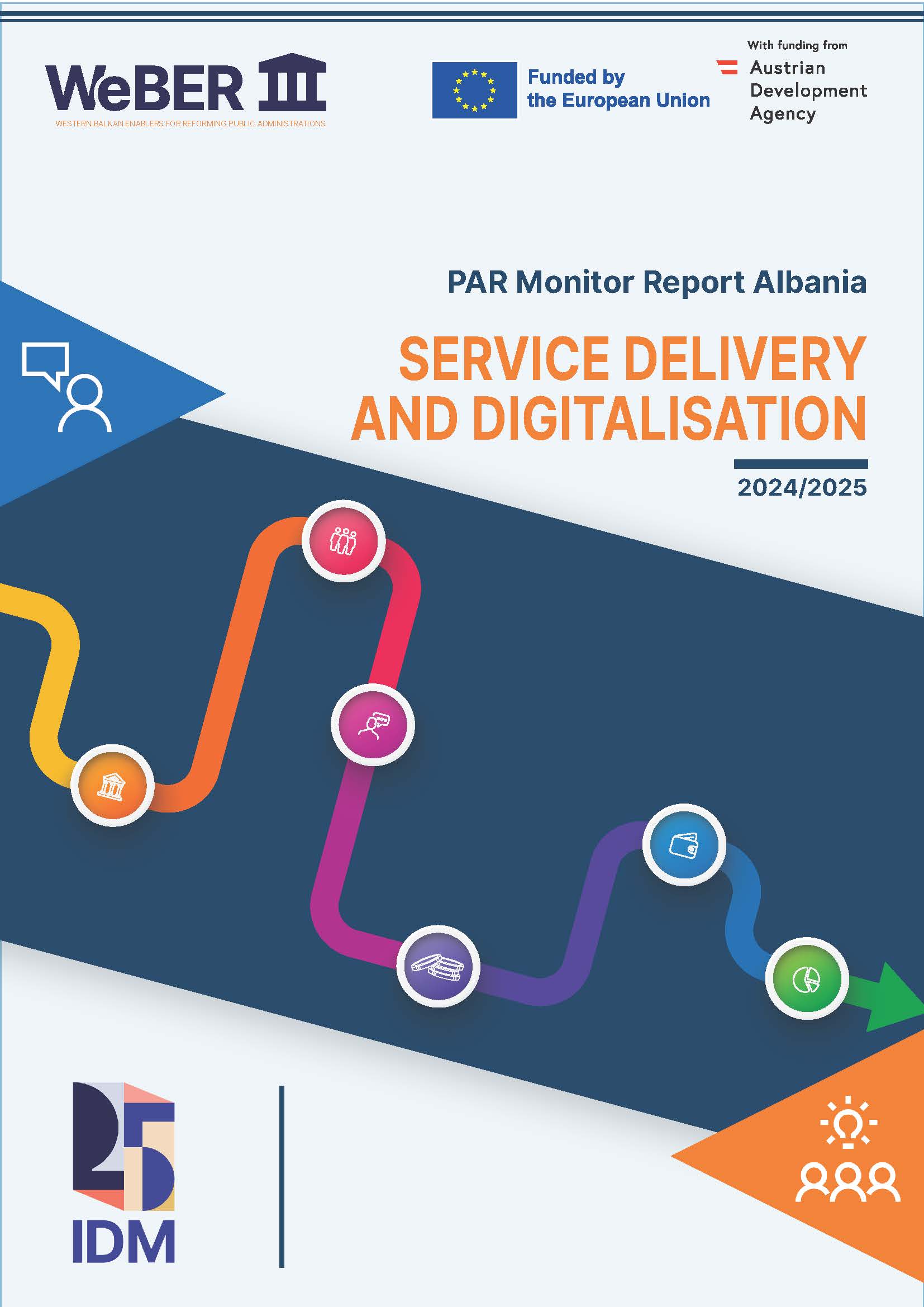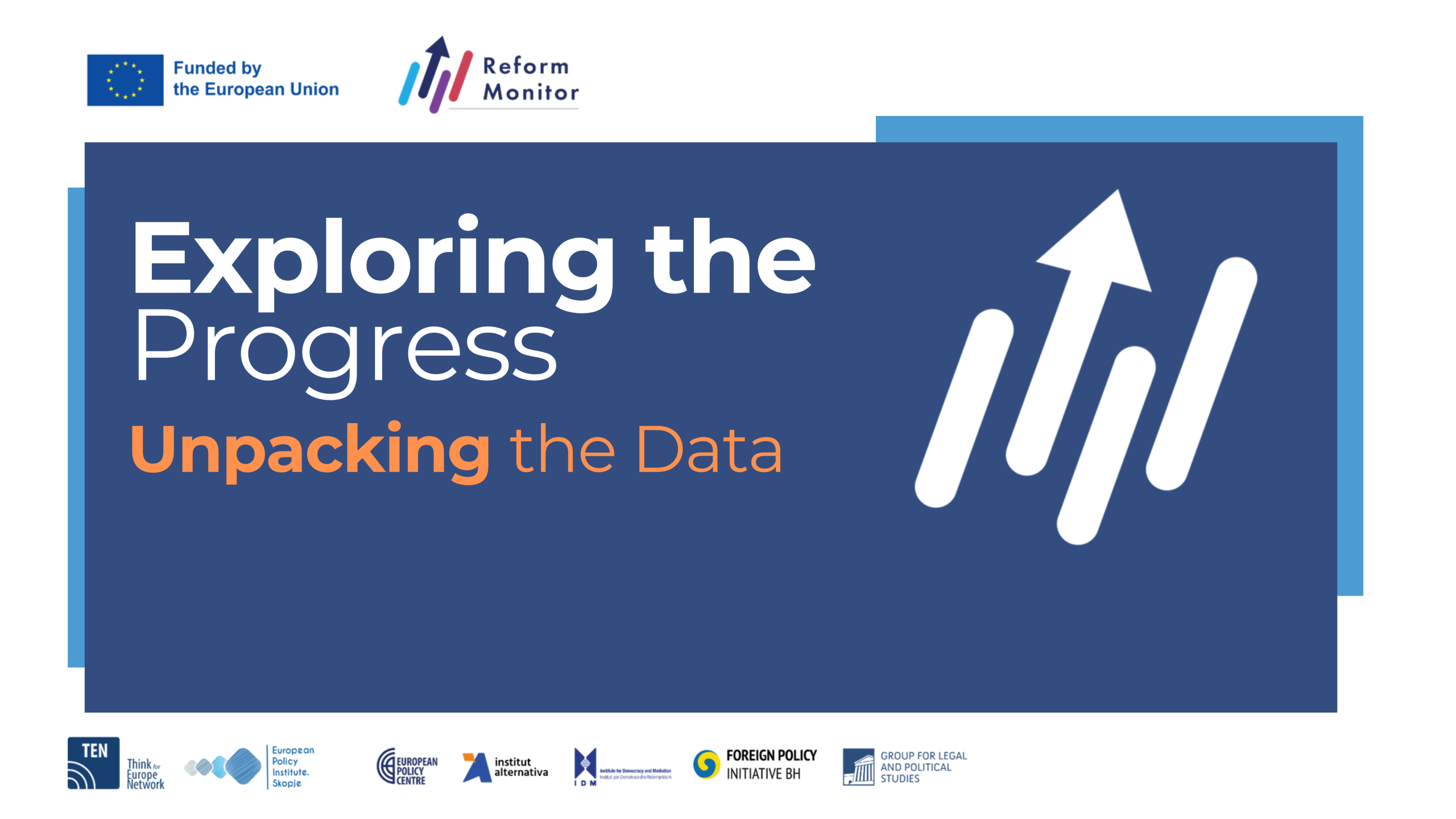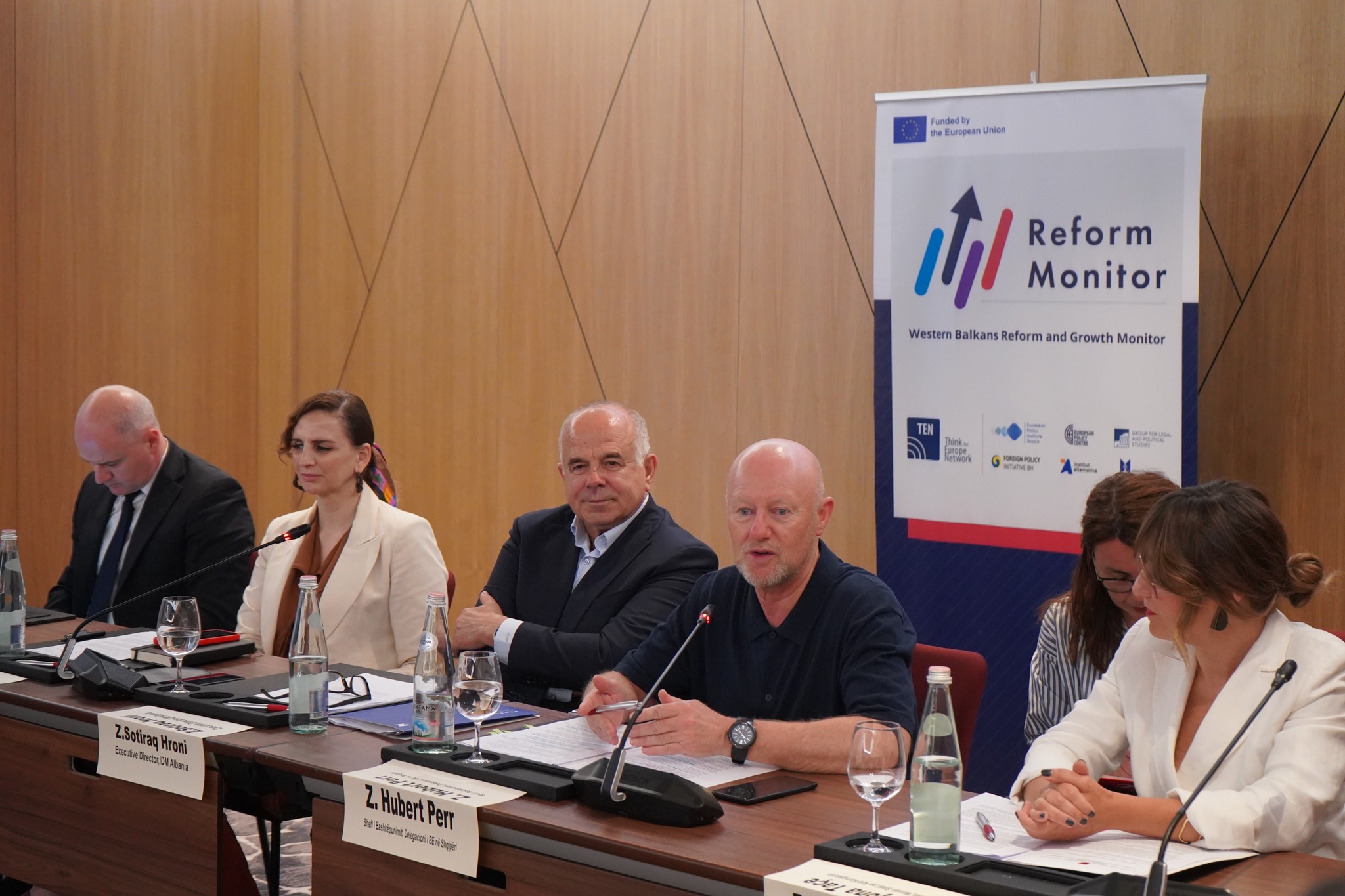“Chatham-House” Debate – December 2nd 2011, EU Centre – Tirane
The effects of EU conditionality on democratization, rule of law and on institution-building; models for analyzing its impact; the currents settings of this powerful instrument of EU and why it is not delivering on time; what are the differences between the conditionality experience in SAP and countries of the 2004 EU enlargement and other related issues formed the central part of a “Chatham-House” debate organized by IDM Center for European & Security Affairs (CESA) on the 2nd December 2011 at EU Info Centre (Tirana).
The academic discourse and the policy debate over EU’s conditionality and leverage in general terms and more specifically in the case of SAP countries has somehow lost pace since 2000 – 2005, a period where a number of scholars and policy analysts have endowed the overall EU enlargement debate and strategy with valuable advice on EU +10 expansion.
By attempting to resume the pace of such a flamboyant debate on EU conditionality, this event provided for a constructive discussion among officials, practitioners and researchers in Albania whose thoughts and critical analysis on EU conditionality are to be reflected in a joint policy document of IDM Center for European & Security Affairs and CRPM (Skopje). The debate was launched in close partnership with the Center for Research and Policy Making (CRPM Skopje), Friedrich Ebert Stiftung (Tirana) and the OSI Think Tank Fund (Budapest), with the purpose to discuss rather informally with senior officials, leaders and experts of think tanks, academia, Albanian institutions and foreign diplomats about key concerns, challenges and possible ways to strengthen the impact of EU conditionality in the Western Balkans. A carefully selected audience for this closed-door discussion was initially presented with some though-provoking analysis by CESA Director Gjergji Vurmo, Ambassador of Poland H.E. Irena Tatarzynska, Mrs. Jonida Sinani (Friedrich Ebert Stiftung), Mirela Bogdani, (Tirana University), Marija Risteska (CRPM) and Steven Blockmans (Asser Institute, The Hague).
This initiative comes in the frames of IDM efforts to encourage cooperation and joint actions between independent think tank bodies in the region on issues of shared interest with the purpose to increase the impact and improve quality of the reforming and overall policy processes in the WB in the light of EU accession. The highlights of the debate and the joint IDM – CRPM policy document aim to reach policy makers within and beyond the WB region – namely EU – through generating policy advice for large-scale impact and efficiency of EU conditionality in the WB region.

